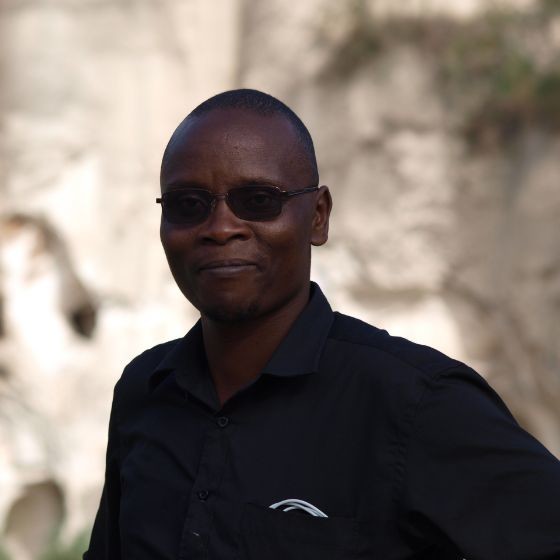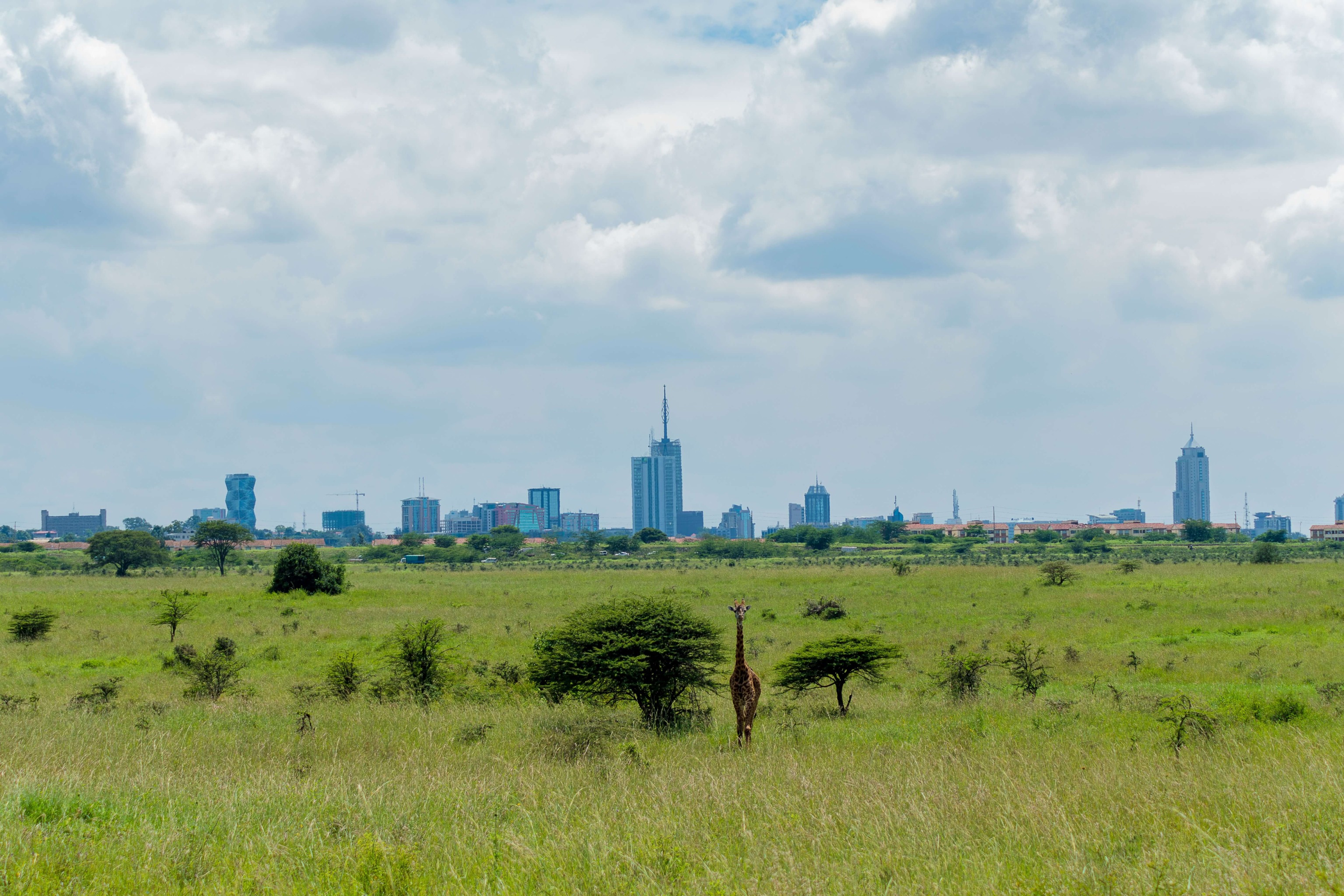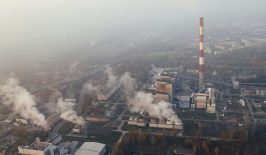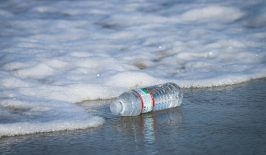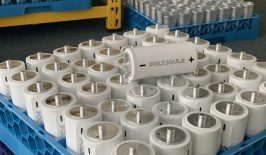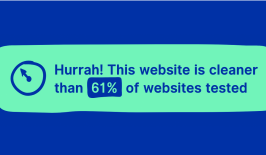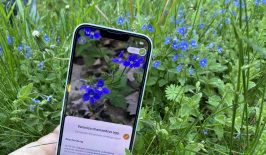We speak to Joseph Maina, a seasoned freelance journalist from Naivasha, Kenya and the latest writer to join the RESET team. In this interview, we explore his journey into journalism, his passion for environmental issues and his insights into the climate crisis in Kenya, as well as the innovative solutions and the role of digitalisation in local environmental conservation efforts.
Hi Joseph, what inspired you to become a journalist, and how did you start your career in the field?
I loved reading and writing from a young age. I admired journalists and the work they did and I aspired to become one as soon as I finished school. Right from my days in primary school and later on in high school, I would write news from the happenings at school and this would be read out in our morning assemblies. I eventually joined the University of Nairobi for my bachelor’s degree in journalism and afterwards, I started my professional career.
How did your interest in environmental issues develop, and what motivated you to cover these topics?
Part of my childhood was spent in the countryside where I interacted with nature. I have seen tremendous changes in the environment over the past three decades in my country. Climate change has left its mark. I feel that these issues need to be highlighted, and journalism is the way to do that.
How would you describe the current challenges in Kenya concerning the climate crisis?
People’s lives are tied to the climate in profound ways, so every slight change to our climate has had far-reaching effects. The events of the past two decades in particular have raised the necessity to address the issue with the urgency and broadmindedness it deserves.
Kenya is a largely agrarian economy. We have crop farmers and livestock keepers – many of them pastoralists. Climate change, exacerbated by a growing population, has been worsening. Locust invasions, floodings, droughts and famine, as well as escalating conflicts are some of the visible dividends of the climate crisis in the past few years.
Are there any innovative solutions or technologies being implemented in Kenya to address environmental challenges?
Kenya is renowned as a digital hub in Africa with plenty of digital innovations being developed and implemented in the region. A good number of apps have been designed to create awareness about the environment and minimise environmental degradation.
There are apps preparing Kenya’s herders for extreme weather, some enabling early warning particularly for vulnerable pastoralists and farmers, and some to help to track and halt illegal logging. We have digital systems enabling Kenyans to become wildlife conservation actors, and I recently highlighted a mobile system designed to promote the adoption of green buildings for RESET.org.
What role do you see digitalisation playing in the future of environmental protection and conservation?
There is ample room for digitisation to fast-track environmental protection and conservation in the future. Opportunities lie in leveraging digital systems to help create greater awareness and rally more support among the people towards environmental conservation. Digital systems can also help upgrade previously-used systems and provide better monitoring. Digital systems can further enable better data collection and more opportunities to automate basic functions.
How it is to work as a journalist in the field of environmental protection and how are these topics covered in media in Kenya?
This is both a fun and eye-opening field to cover. Environmental journalism provides an opportunity to cover topics often unhighlighted in the mainstream media, and this often implies travel to remote areas and interactions with communities living off the beaten path.
This field often intersects with other cross-cutting issues, such as culture, tourism and the law. Although there has been growing awareness of the need to amplify environmental reporting in the media, coverage of environmental issues has often taken the backseat as politics and culture still command the lion’s share of the media lens.
Thank you, Joseph! You can read some of Joseph’s work for RESET here.
